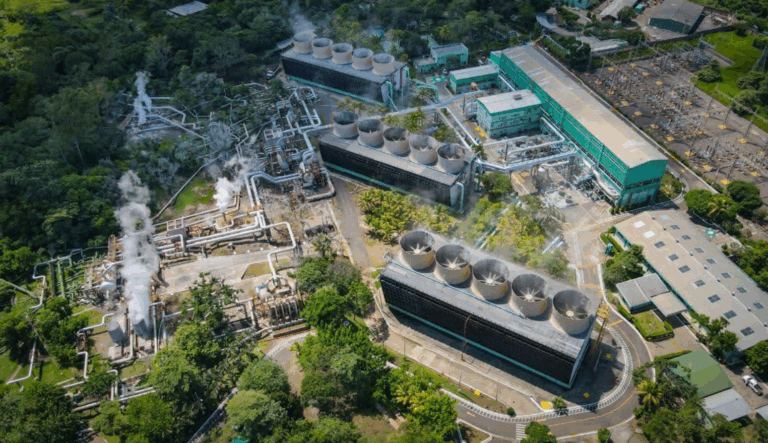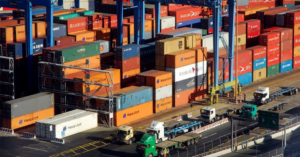The Legislative Assembly’s Technology, Tourism, and Investment Committee issued a favorable opinion to apply special and temporary provisions to support the Universal Energy Access Program in El Salvador. This initiative seeks to reduce the electricity access gap and promote economic development in highly vulnerable rural communities.
Specifically, the plan will benefit 8,756 households, as well as schools and productive projects that currently lack this basic service. For its execution, the Comisión Ejecutiva Hidroeléctrica del Río Lempa (CEL) will be responsible for developing the works, with financial support from a loan granted by the Inter-American Development Bank (IDB).

According to CEL President Daniel Álvarez, the program includes the planning, design, and construction of distribution networks, as well as the incorporation of electricity generation systems and the acquisition of equipment. He also emphasized that the goal is to achieve 100% electricity coverage across the country within a four-year period, using alternative solutions such as solar energy in communities not connected to the conventional grid.
To encourage the execution of these projects, the provisions, which will be in effect for six years, include tax exemptions for contractors and subcontractors associated with the program. Benefits include the elimination of the Value Added Tax (VAT), exemption from import duties, and the non-payment of fees to the Centro Nacional de Registros (CNR). Furthermore, the income generated by contractors will not be subject to Impuesto sobre la Renta (ISR) until the works, goods, or services are delivered.
Tax incentives strengthen investment and modernization of the energy sector
To access these exemptions, interested parties must submit a formal application to the Dirección General de Impuestos Internos (DGII), accompanied by documentation proving their connection to the program. The DGII will have a maximum of ten business days to resolve each application. At the same time, contractors and subcontractors will be required to keep special records of purchases and sales related to the project, submitting them when required and complying with all applicable tax and customs declarations.
Furthermore, the provisions also stipulate that energy distribution companies must facilitate the necessary procedures, services, and adjustments to their networks to guarantee the connection of projects executed under the program, in coordination with the Dirección General de Energía, Hidrocarburos y Minas (DGEHM).
Additionally, a tax benefit was approved for landowners who voluntarily sell land to CEL designated for this program. They will be exempt from paying income tax on capital gains and will not be required to file the corresponding form. It should be noted that, although CEL was initially considered to be included in these exemptions, the institution was excluded at the request of its president.

The committee members also issued a favorable opinion establishing special tax provisions applicable to CEL’s multi-client contracts and geoscientific data licenses. These contracts consist of agreements that the autonomous authority establishes with national or foreign companies to conduct geoscientific and geophysical studies for the purpose of hydrocarbon exploration in the country, with these companies assuming the costs and risks of the investigation.

This regulation seeks to create a legal and fiscal framework that provides certainty to private investors and, at the same time, encourages the modernization of the hydrocarbon subsector. Exemptions include income tax, VAT, import duties, municipal fees, and any other applicable taxes. Income obtained through these activities will be considered untaxed income.
In this regard, Álvarez emphasized that offering these incentives will allow El Salvador to attract international players to obtain high-quality geoscientific data, which will contribute to strengthening the country’s capacity to modernize the energy sector without compromising its own resources.
Finally, the regulatory framework establishes that tax benefits will be exclusive to contract holders and data acquirers, excluding subcontractors and third parties.
Furthermore, the Ministry of Finance is empowered to issue resolutions, circulars, or instructions to ensure the proper application of these provisions.
With these measures, El Salvador takes a strategic step toward universal access to energy, while creating favorable conditions to attract investment and boost the energy sector through tax incentives.







